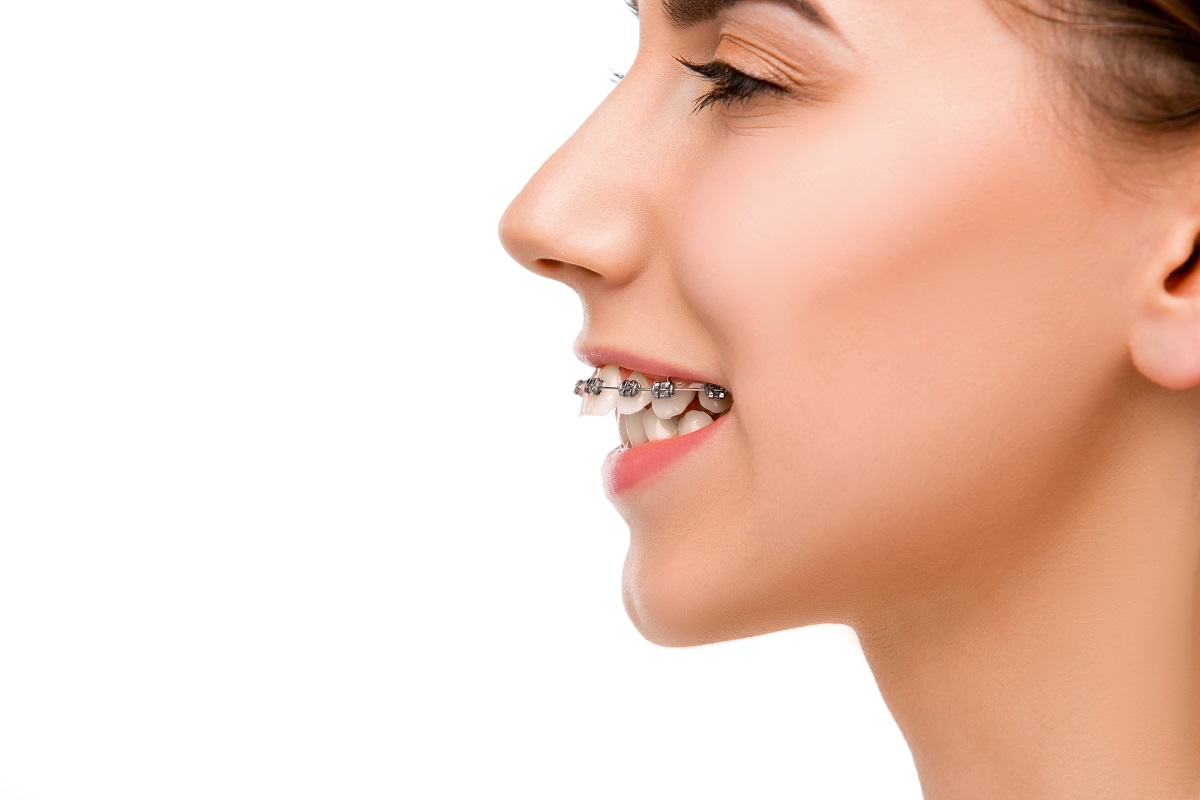
An overbite, a common dental issue where the upper teeth significantly overlap the lower teeth, affects many people. While a mild overbite might be relatively harmless, more severe cases can lead to various problems. Addressing an overbite cannot only enhance your smile but also improve your overall oral health. Here’s why you should consider correcting your overbite and the different ways to fix it.
1. Preventing Oral Health Problems
An overbite can create difficulties in maintaining good oral hygiene. When the upper teeth extend far beyond the lower teeth, it can be challenging to clean the back teeth effectively. This can lead to plaque buildup, increasing the risk of cavities and gum disease. Moreover, an improper bite can cause uneven wear on the teeth, which can lead to cracks and chips.
2. Reducing Jaw Pain and Discomfort
An overbite often places extra stress on the jaw joints, known as the temporomandibular joints (TMJ). This stress can cause TMJ disorders, leading to symptoms such as jaw pain, headaches, and difficulty chewing. Correcting an overbite can alleviate these issues by aligning the jaw and reducing the strain on these crucial joints.
3. Improving Speech and Function
A severe overbite can affect your ability to speak clearly. The misalignment of teeth can cause speech impediments, such as a lisp. Furthermore, an overbite can make chewing food properly more difficult, impacting digestion and overall nutrition.
4. Enhancing Aesthetic Appeal
An overbite can affect the appearance of your smile and facial profile. Many people seek correction to improve their facial aesthetics, leading to increased self-confidence and a more pleasing appearance.
5. Preventing Future Complications
If left untreated, an overbite can lead to more severe dental issues over time. The misalignment can exacerbate problems like tooth decay, gum disease, and even tooth loss. Addressing the issue early can help avoid these potential complications.
Overbite Treatment Options
Correcting an overbite involves several effective treatments, each tailored to address the severity and specific characteristics of the condition. Whether you’re seeking a subtle adjustment or a more comprehensive solution, modern orthodontics offers a range of options designed to realign your teeth and jaw for improved function and aesthetics. Here’s a closer look at the most common and effective ways to fix an overbite.
Braces
Traditional braces are a common solution for correcting an overbite. By applying constant pressure on the teeth, braces gradually move them into proper alignment. Braces can be adjusted to correct the positioning of both the upper and lower teeth, addressing the overbite effectively.
Clear Aligners
Clear aligners provide a subtle alternative to traditional braces. These are custom-made, removable trays that work to gradually reposition the teeth. Among other aligner options, Invisalign London stands out due to its advanced technology and precise, computer-generated treatment plans. It’s especially favored by adults who seek a less visible orthodontic solution, thanks to its nearly invisible appearance. The aligners are designed for comfort and convenience, and their removable nature makes it easier to maintain good oral hygiene.
Orthognathic Surgery
For severe overbites that cannot be corrected with braces or aligners alone, orthognathic surgery may be necessary. This procedure involves surgically repositioning the jaw to achieve proper alignment. Typically, surgery is combined with orthodontic treatment to ensure the best results. Although it is more invasive, it can provide a permanent solution for complex cases.
Retainers
After the initial correction of an overbite using braces or aligners, retainers are often recommended to maintain the new alignment. Retainers are custom-made devices that keep the teeth in their corrected positions. They are typically worn for an extended period, particularly at night, to prevent the teeth from shifting back to their original positions.
Palate Expanders
In some cases, especially in children and adolescents, a palate expander may be used to widen the upper jaw. This device can create more space in the mouth, which helps align the teeth and correct an overbite. Palate expanders are usually used in conjunction with braces or aligners for comprehensive treatment.
Tooth Extraction
In cases where overcrowding is a contributing factor to the overbite, extracting one or more teeth might be necessary to create space for proper alignment. Removing teeth can help the remaining teeth move into their correct positions, contributing to the overall correction of the overbite.
Choosing the Right Treatment
Choosing the appropriate treatment for your overbite depends on several factors, including the severity of the issue, your age, and personal preferences. Consulting with an orthodontist or dental specialist is crucial to determine the best course of action. They will evaluate your specific situation and recommend a treatment plan tailored to your needs.
In Summary
Correcting an overbite is essential for maintaining oral health, improving function, and enhancing aesthetic appeal. With various treatment options available, from traditional braces to advanced surgical procedures, addressing an overbite has never been more accessible. If you suspect you have an overbite or are experiencing related issues, consulting with a dental professional is the first step toward achieving a healthier, more confident smile.

